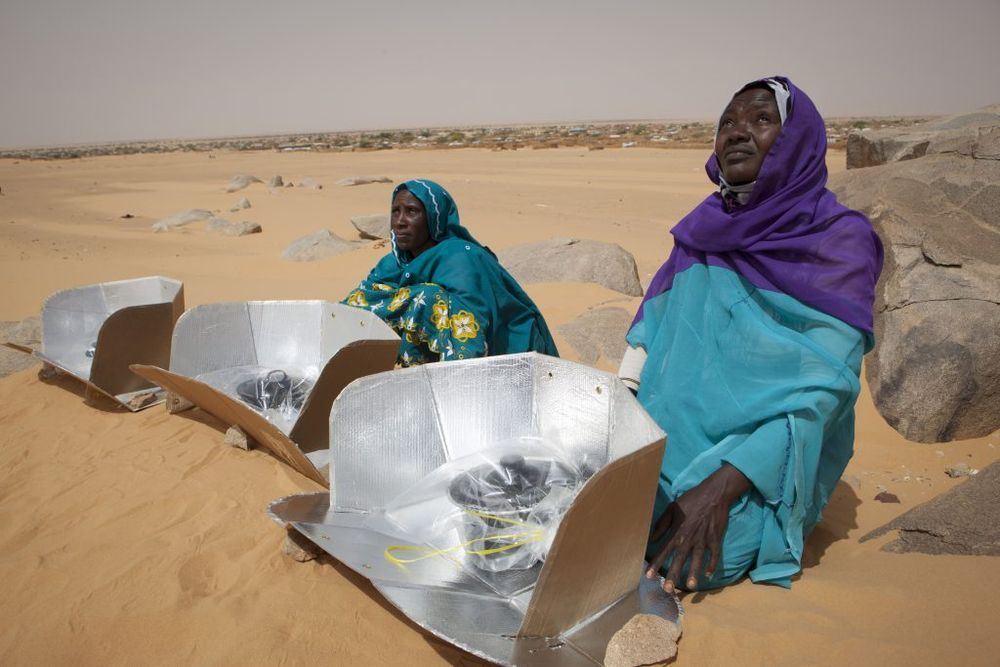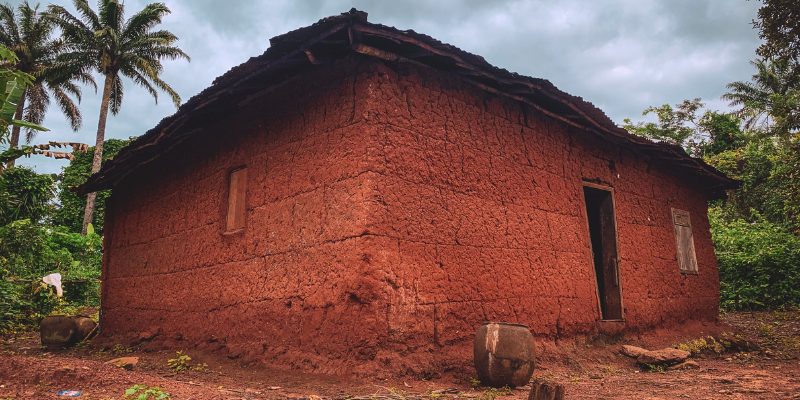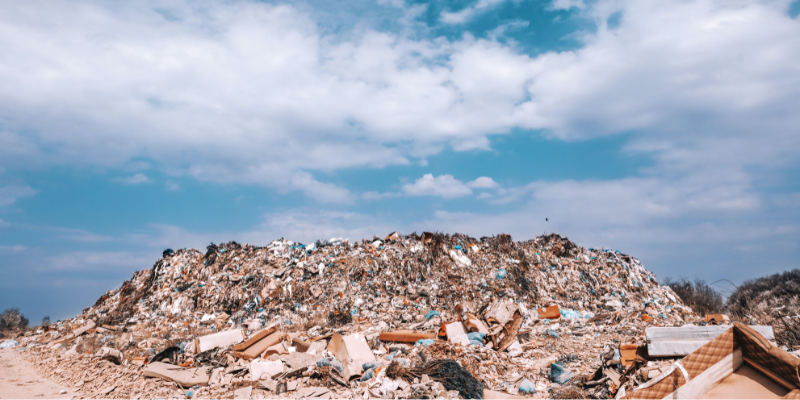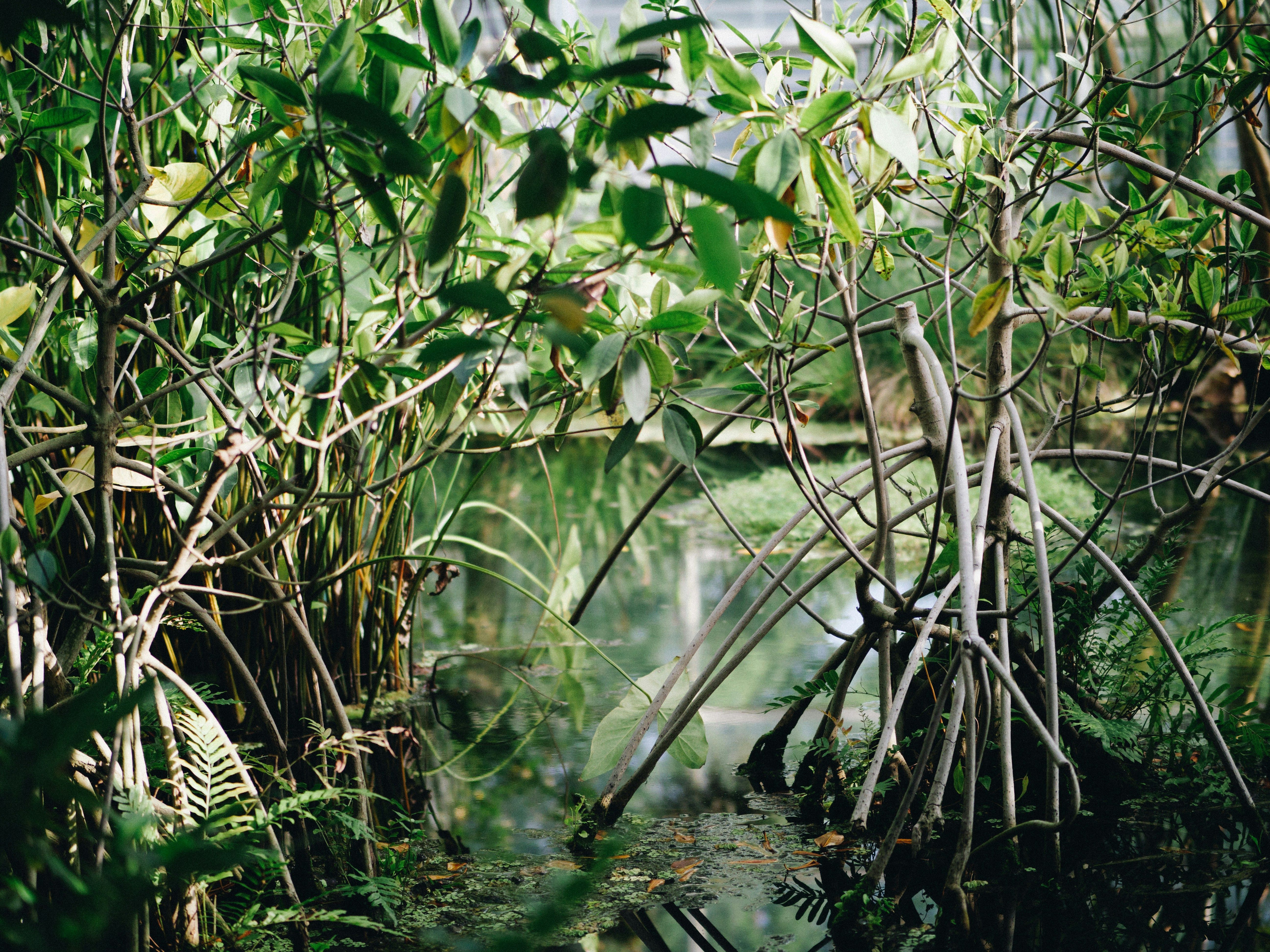Other Projects
Solar Cookers for Refugees
Chad
This project aims to provide Sudanese refugees with solar cookers to enable them to prepare meals with renewable energy.
Promoting Improved Cooking Practices in Nigeria
Nigeria
This project reduces carbon emissions by manufacturing and distributing efficient charcoal cookstoves that replace inefficient cookstoves currently widely used in the region.
Landfill Gas Extraction and Electricity Generation
Istanbul, Türkiye
This project reduces emissions through the development and construction of two waste-to-energy facilities at landfill sites in Türkiye.
Delta Blue Carbon Mangrove Project
Sindh, Pakistan
This project aims to enhance carbon storage in tidal wetlands through native vegetation restoration.






